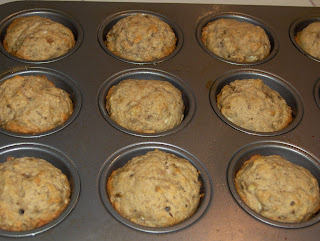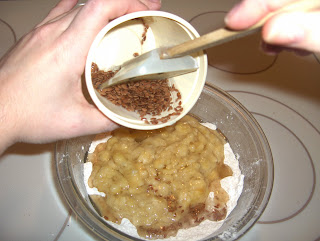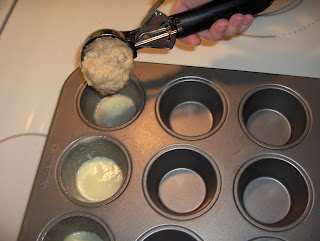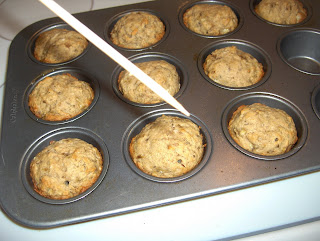You've decided to become a vegetarian, been one for a long time or are just curious. You have your reasons. Very few people will argue with you about this--unless you too know my friend Mike. What people will question you about is making sure that you are getting all of your nutrition in each day.
A healthy lacto-ovo vegetarian diet is very reasonalble and pretty easy to follow. The main nutritional issues associated with being vegetarian are getting in your protein (obviously considering you are not eating meat), iron, B-12, and calcium.
Protein is essential for growth, tissue repair and to fight infection. The biggest question I always get is, "What about protein?" Newsflash, protein is found in foods other than meat! Most lacto-ovo vegetarians should have no problem obtaining a proper amount of protein, if they eat the proper amount of eggs, dairy products, and legumes.
Some great and yummy ways to consume your protein are:
*Legumes (beans, peas, lentils)
*Peanutbutter
*Soy Foods (soybeans, tofu, tempeh, soy milk)
*Nuts and Seeds
*Seitan (wheat gluten)
*Eggs
*Dairy Products (milk, cheese, yogurt)
*Grain Products (wheat, rice, corn--yes
corn, barley, oats, millet, quinoa)
Iron is important for the formation of red blood cells. Plant goods and eggs contain a different kind of iron than red meat. Don't worry, it's in there, but just harder go get. In all actuality, vegetarian diets are often higher in total iron content. Really! However, the type of iron found in plant-based foods is poorly absorbed by the body. (Bummer, huh?) Good news! Vitamin C helps the body absorb this iron and we all know vegetarians tend to get lots of Vitamin C. Vitamin C helps to unlock the iron and make it available to the body. Guess you'll be drinking lots more OJ from now on, huh?
Here's where you'll find your iron hiding:
*Whole grains
*Eggs
*Dried Fruit (raisins, apricots, figs-- Whole grain Fig Newtons anyone?)
*Dark Green Veggies (broccoli, kale, peas, string beans, chard)
*Soy Foods (soybeans, tofu, tempeh, soy milk)
*Blackstrap Molasses
*Legumes (beans, lentils)
Calcium is essential for teeth, bones, and healthy muscle function. If you are lacto-ove then you know that the lacto comes from milk. Dairy products are the number one place to get calcium. Another great source of calcium is dark green veggies. Yeah, people laugh at me when I tell them broccoli is a good source of calcium, but it's true! Almonds too. If for some reason, you aren't getting enough calcium like your good friend the Friendly Vegetarian (hiding in embarassment) then pick out a good calcium supplement to help avoid osteoporosis when you're older.
Looking for Calcium? Try:
*Dairy Products (milk, cheese, yogurt)
*Soy Milk or Rice/Almond Milk
*Fortified Orange Juice
*Dried Figs
*Legumes (beans, lentils)
*Soy Foods (tofu made with calcium)
*Almonds (sprouted are best, but in a pinch go with what you like)
*Dark Green Veggies (broccoli, kale,m collad greens)
*Blackstrap Molasses
B-12 is needed for the formation of red blood cells and a healthy nervous system. If you include dairy products and eggs in your diet it is pretty easy to get your B-12. B-12 is found in animal products, not just meat so it should only be a problem if you have a dairy allergy like my son or are a vegan. If you are, you'll just need to make a special effort to find B-12 in alternate sources like meat or egg substitutes. You can also sprinkle nutritional yeast on just about anything these days. If you are a vegan, be sure to let your doctor know so that you can get your B-12 checked yearly to see if supplements are needed.
Want B-12? Eat:
*Dairy Products (milk, cheese, yogurt)
*Nutritional Yeast
*Fortified Cerals
*Fortified Soy Milk
Some other nutrients to keep in the back of your mind include Zinc, Vitamin D, and Riboflavin.
If you are armed with this information and eat many of these foods then you will easily get in all the required nutrition and not only be a friendly vegetarian but a healthy one as well!



 Put 1 Tbs. of flax seeds in 3 Tbs. of water and set off to the side
Put 1 Tbs. of flax seeds in 3 Tbs. of water and set off to the side 










